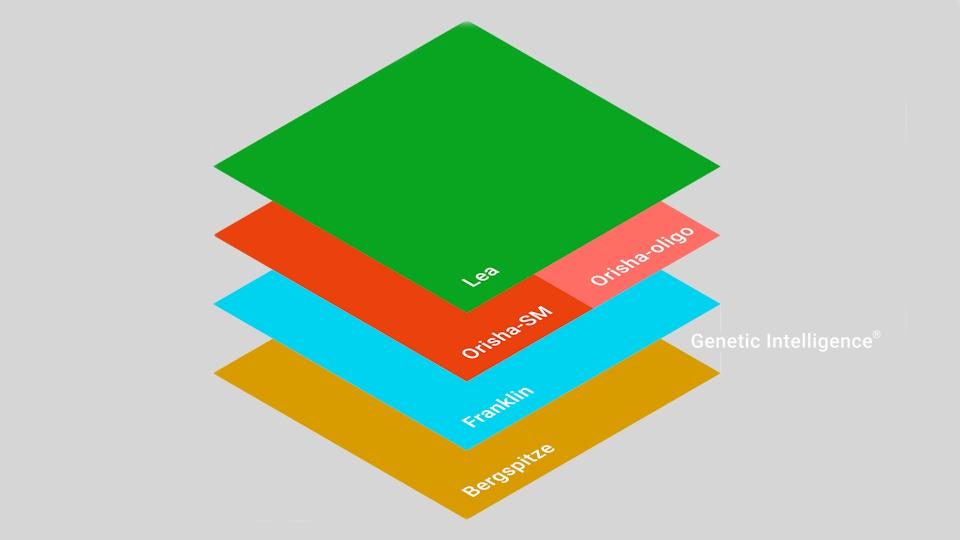Lilly adds to genetic meds push with Genetic Leap alliance

In its second R&D alliance this week, Eli Lilly has formed a partnership with Genetic Leap, a startup that focuses on applying artificial intelligence to the discovery of RNA-targeted therapies.
Under the terms of the deal, privately-held Genetic Leap is in line for upfront and milestone payments of up to $409 million, as well as tiered royalties. It builds on a pilot between the two companies and will focus on the discovery of oligonucleotide drugs against targets selected by Lilly in "high-priority therapeutic areas."
The agreement ties in with Lilly's strategy of making genetic medicines targeting DNA and RNA a key pillar of its R&D, accounting for more than 25% of its therapeutic pipeline and focusing on common conditions like diabetes, obesity, and cardiovascular disease.
Earlier this week, the pharma group announced a $1 billion alliance with Swiss start-up Haya Therapeutics to hunt for new therapies for obesity and related metabolic disorders like diabetes in non-coding DNA, and specifically genes coding for long non-coding RNA (lncRNA). And in June, it teamed up with OpenAI – the AI company behind ChatGPT – to develop antimicrobials that can be used to treat multidrug-resistant (MDR) bacteria.
Lilly's current pipeline of genetic medicines includes small, interfering RNA-based therapies for chronic diseases, including lepodisiran for cardiovascular disease and solbinsiran for elevated cholesterol.
Genetic Leap says its platform can address diseases that traditional drugs have not been able to target effectively and has the potential to "revolutionise" the drugging of RNA, which "has presented tremendous challenges."
It includes AI stacks that can pinpoint the positions in the genome that can cause disease (Bergspitze), validate those targets, and generate a disease model (Franklin), and provide computationally validated molecules to drug the target's transcript RNA at the sequence with oligonucleotides (Orish-oligo) or at the structure with small molecules (Orisha-SM).
That last layer (Lea) uses stem cell assays to test the biological efficacy of the candidates generated by the AI platform.
"We are thrilled to collaborate with Lilly and deeply share their strong commitment to developing RNA medicines," said Dr Bertrand Adanve, chief executive and founder of Genetic Leap.
"Our primary goal in building the Genetic Leap AI platform is to accelerate the development of life-saving medicines for patients, and this collaboration with Lilly's talented and savvy R&D team takes us significantly closer to that goal," he added.
In 2022, Genetic Leap also formed an agreement with Astellas Pharma to use its AI drug discovery platform to find RNA-targeted small-molecule therapies for cancer. Terms of that alliance were not disclosed.











